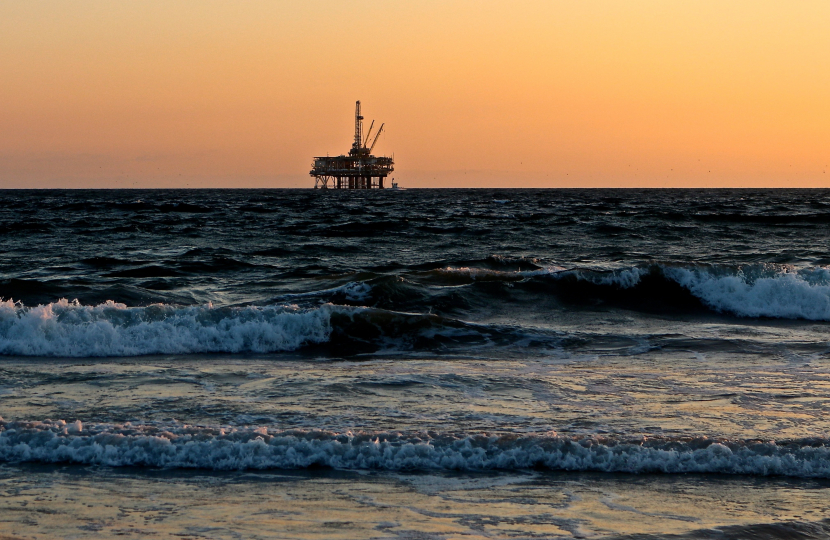
My article for this week's Herald and Post looks at the energy 'trilemma'...
There has been a lot of commentary in the last week about the decision to grant new oil and gas licences off our coastline. Some claim that this is at odds with our plans to get to net zero by 2050. It isn't.
The net zero plan does not assume - and nor should it - that overnight we stop using petrol or gas. Like it or not, oil and gas are an integral part of our economy, industry and lives, and will be for some time to come.
There are many, many domestic gas boilers. There are many, many petrol and diesel vehicles on the road - and still will be even after new ones are no longer being made. Sectors like aviation and shipping need longer to transition than cars.
By 2050, even with reaching net zero, we will still be using some fossil fuels – estimates suggest by up to a quarter. The question we have to ask ourselves is where would we rather source the oil and gas from?
When I was a Treasury minister, with responsibility for energy issues, we talked a lot about the ‘energy trilemma’. The three parts of the trilemma are sustainability, security and affordability. In other words, how can we provide an energy supply in the UK that reduces our carbon emissions, is secure and reliable, and is affordable.
Russia's war on Ukraine has shown us that we cannot be in a situation where we are reliant on a foreign power for our energy supplies, particularly a hostile one.
Homegrown supplies give us energy security. They also safeguard jobs, generate export earnings, and deliver tax revenue.
I’ve written before about the UK’s efforts to decarbonise our economy and how we’re playing a leading role in the fight against climate change. The switch to renewables for electricity generation in particular has been huge, but is still constrained by the vagaries of wind and sun. In time, that will change as batteries develop, as I wrote here a fortnight ago.
Meanwhile there is an ongoing need for 'dialable' sources - nuclear, and in the near term, gas. On fuels there is a definite hierarchy on emissions, and we were the first major nation to set an end date for unabated coal.
Deploying technologies such as carbon capture and storage will further contribute to our efforts to mitigate carbon emissions. The technology is coming on stream - the Prime Minister’s trip to Scotland last week highlighted a carbon capture plant in Scotland, one of four sharing £20 billion in funding.
This is all part of the long term goal. It’s complicated, controversial to some, and will take time.
There are objectives which can at times be in tension. We should acknowledge that, because not only is the trilemma not going away, if anything the pull of each of the three forces is becoming stronger. Striking the balance is key.


